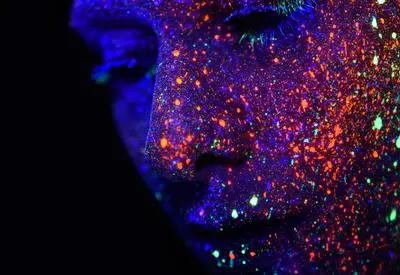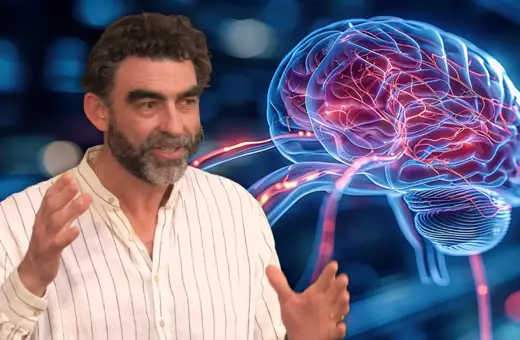Human self-consciousness emerged out of the pre-egoic consciousness of nature. Out of an oceanic, unreflective soup of consciousness, came ideas of ‘I’, ‘me’ and ‘mine’. This emergence of the self concept led to the fall of man into the misery of history. There are signs we are starting to transcend our ego-separateness, writes Steve Taylor.
Almost all of the ancient cultures of Europe, the Middle East and Asia have myths of a Golden Age or Paradise, an earlier time when life was easier and human beings lived in harmony with nature and each other. Some of these myths describe a sudden and dramatic ‘Fall’ from grace, as in the Biblical story of the Garden of Eden. Other myths speak of a long and slow degeneration over many eras, like the Greek and Roman myths of a Golden Age, or the Hindu story of a ‘perfect age’ before the present age of darkness (or Kali Yuga). In China, there is the myth of the ‘Age of Perfect Virtue,’ when human beings lived in harmony with the Dao. Since human beings lost contact with the Dao, they have been dominated by selfishness and acquisitiveness.
___
One of the biggest myths about human history is that it has been a continual progression. In fact, archaeological and anthropological evidence suggests that in many ways human history has been a regression
___
It's easy to assume that these myths are little more than fairy tales, perhaps the result of a human impulse to romanticise the past. However, the myths may contain at least a kernel of historical truth. They may, in fact, be a distant folk memory of a real historical era.
The Myth of Prehistoric Misery
Imagine what life was like for early human beings, before the dawn of civilisation a few thousand years ago. You might picture dirty, hairy savages, carrying spears or clubs, grunting and shouting at one another. You might picture our ancestors half-starved and freezing, living in fear of attack by wild animals or other humans. You might assume that they lived in small tribes led by powerful chieftains and were constantly fighting with nearby tribes.
In fact, prehistoric life was nothing like this caricature. One of the biggest myths about human history is that it has been a continual progression. In fact, archaeological and anthropological evidence suggests that in many ways human history has been a regression.
 SUGGESTED READING
Why There Is No Self: A Buddhist View for the West
By Jay Garfield
SUGGESTED READING
Why There Is No Self: A Buddhist View for the West
By Jay Garfield
For example, it isn’t true that early human beings had to struggle to survive. In fact, prehistoric groups had a fairly easy time of it. For most of human history – in fact, 95 per cent of our time on this planet – our ancestors lived as hunter-gatherers, in small tribes which usually moved to a different site every few months. Studies of contemporary hunter-gatherers who live in the same way as our ancestors have shown that they only spend around 2-3 hours a day (or 12-20 hours a week) searching for food. [1] This is partly because population densities were so small, which meant that resources were abundant.





















Join the conversation